General Blog Posts
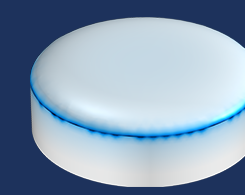
Curve Fitting of Solution Data in COMSOL Multiphysics®
We discuss curve fitting of continuous solution data, the concept of orthogonality, and how to fit solution data to a set of orthogonal functions for a simple and convenient postprocessing operation.
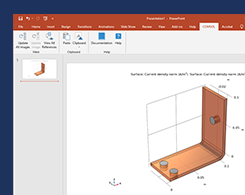
How to Link COMSOL Graphics to Microsoft® PowerPoint®
Did you know that you can easily import, update, and replace model images from COMSOL Multiphysics® in your Microsoft® PowerPoint® presentations?
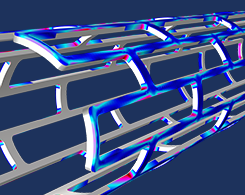
8 Uses of COMSOL Multiphysics® in the Biomedical Industry
Read about 8 real-world examples of how engineers and researchers in the biomedical industry are using simulation to advance their innovative designs.
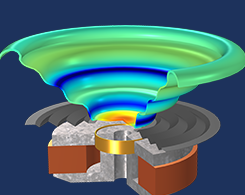
3 Examples of Optimizing Loudspeaker Components
Whether in a home theater system, gym, or massive concert venue, loudspeakers need to perform optimally. 1 way to do so is by performing a shape or topology optimization study of its components.
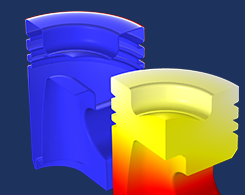
Efficient Meshing Strategies for 3D Inductive Heating Models
Interested in some efficient meshing strategies for 3D inductive heating models? In this blog post, we demonstrate how to partition a mesh based upon the element type.
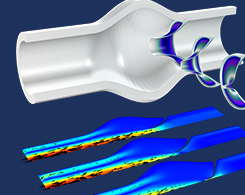
New Method for Performing Topology Optimization of FSI Problems
Many topology optimization methods are only available for FSI problems within a purely academic scope. Enter the TOBS-GT algorithm for fluid-structure design…

Building a Solid Foundation for Understanding Seismic Waves
In 1906, there was the California earthquake. In 1908, there was the Lawson Report. In 1910, Harry Fielding Reid proposed the elastic rebound theory. Continue on a deep dive into seismology…
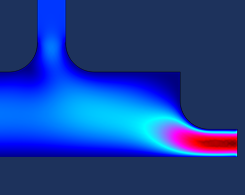
Add a Full State-Space Feedback Controller to a Control System Model
Get a brief overview of full state feedback, learn how to use the State-Space Controller add-in, and get a demonstration of implementing the add-in using a mass-spring-damper system example.
